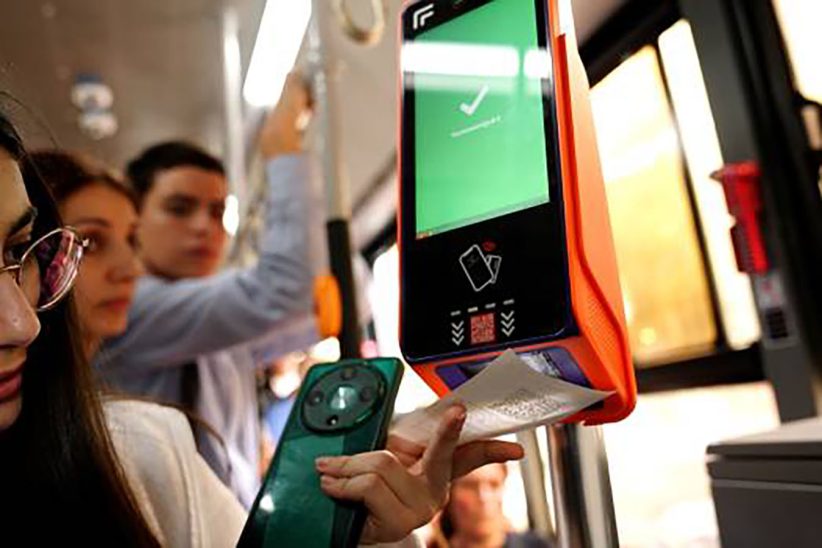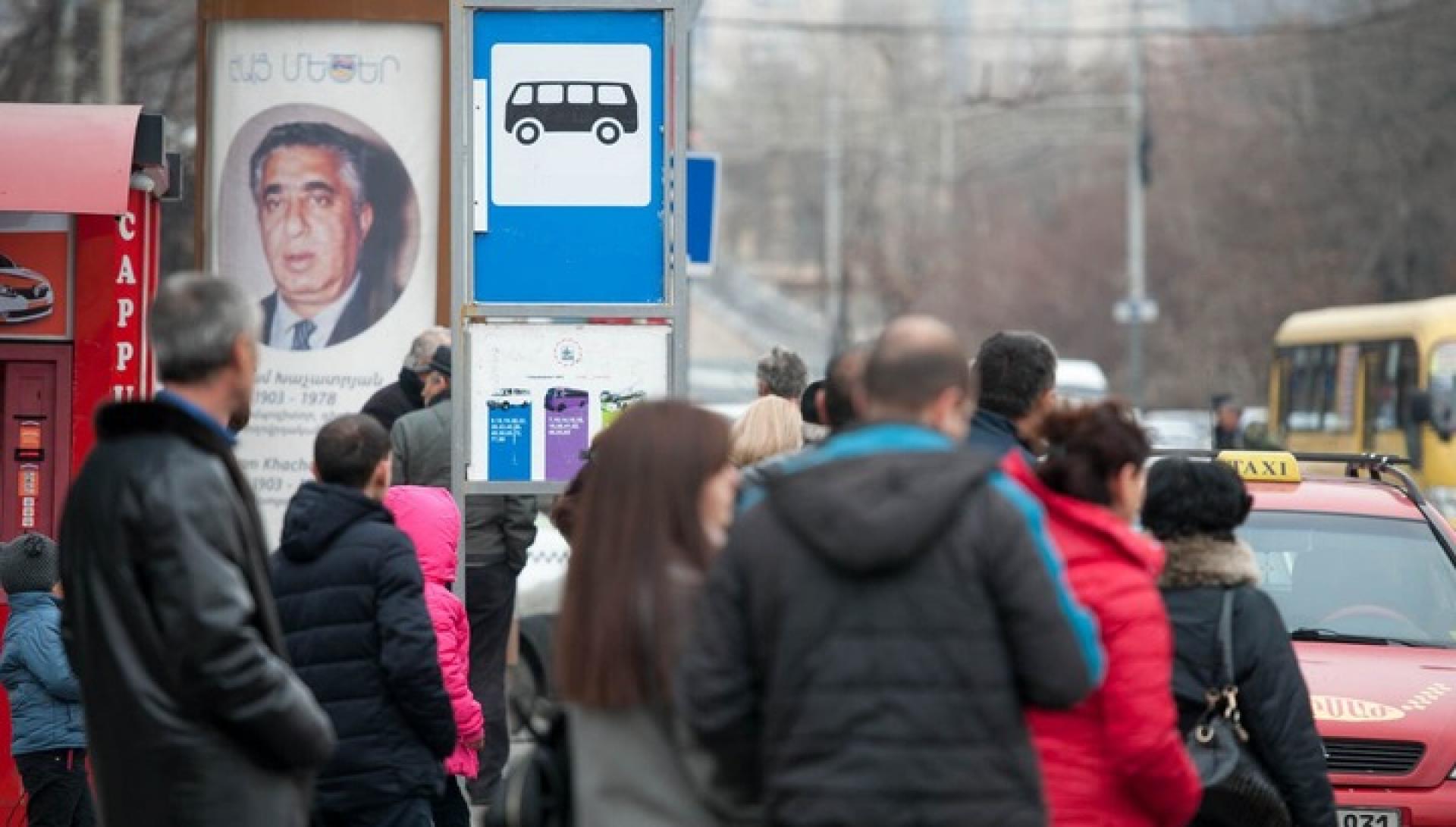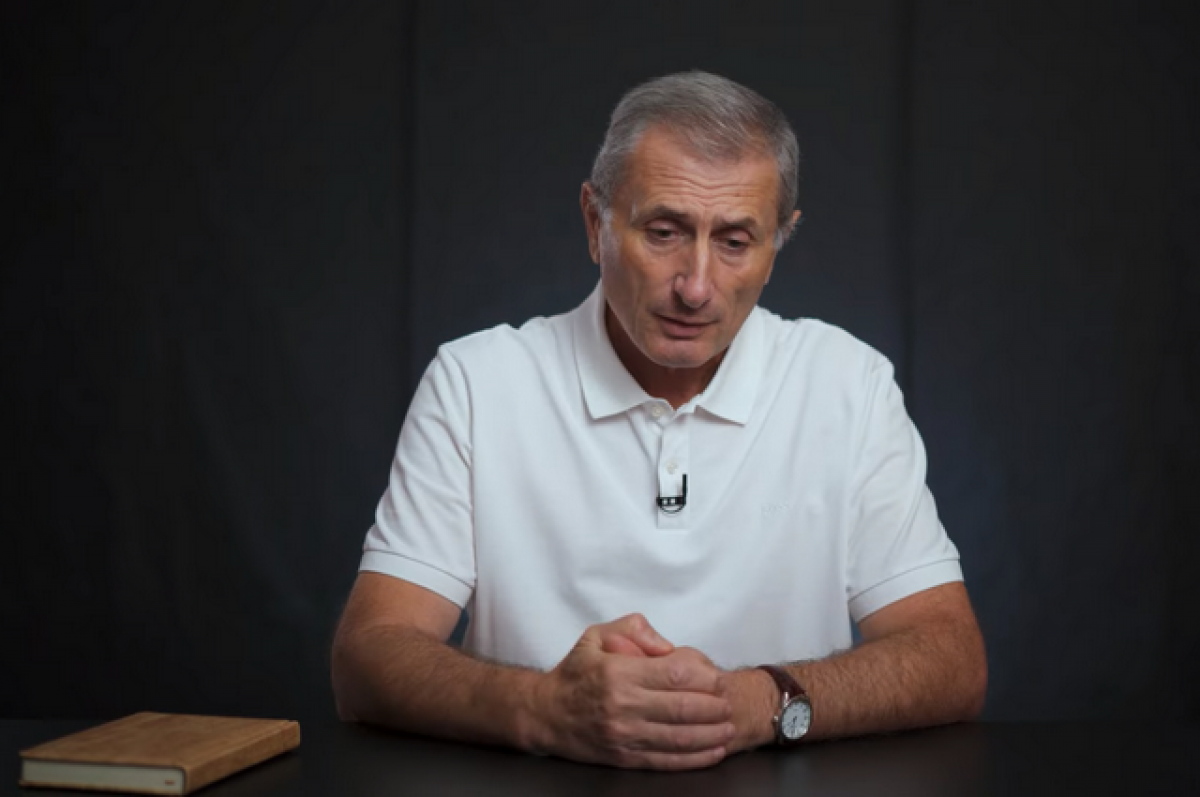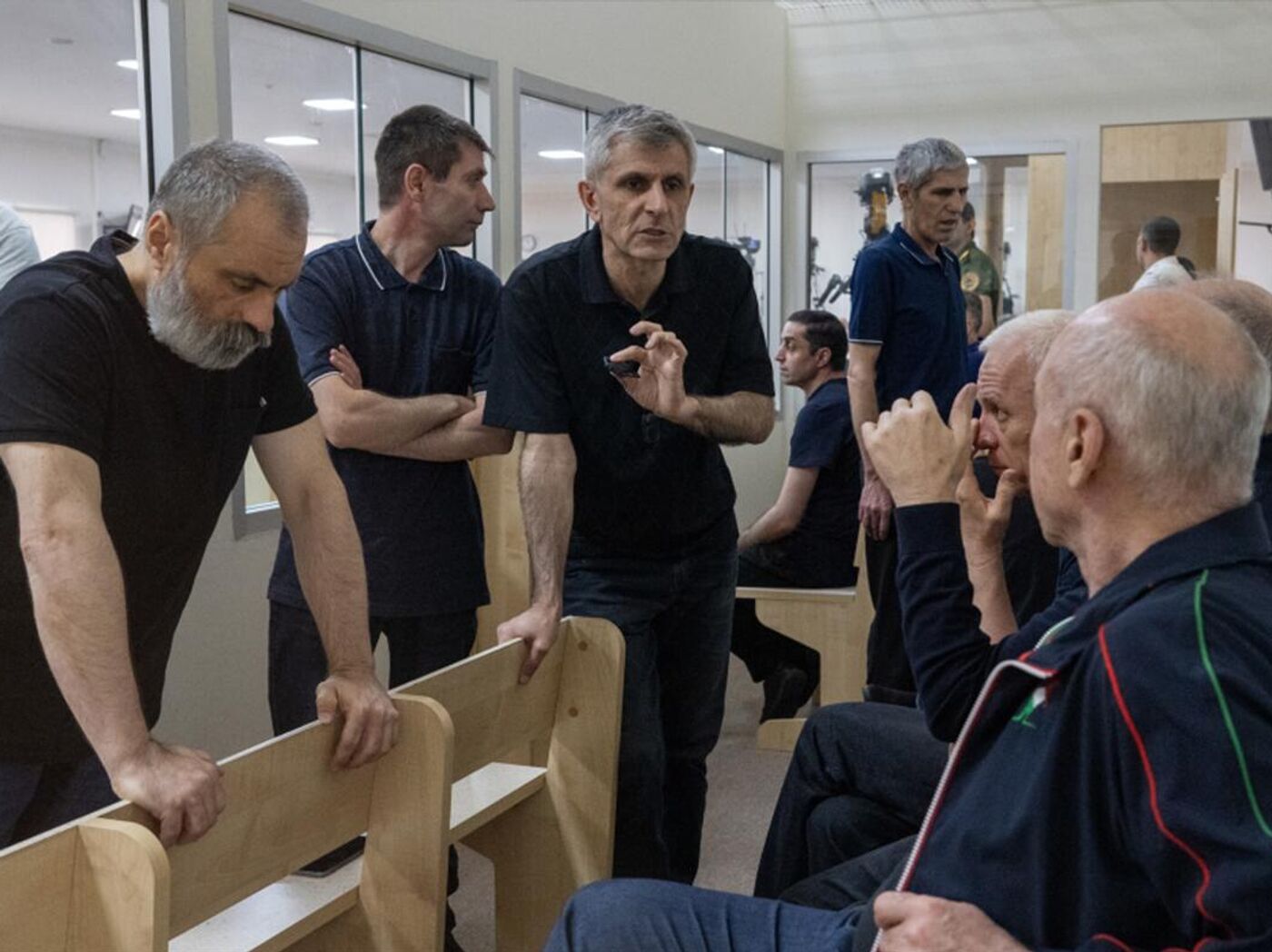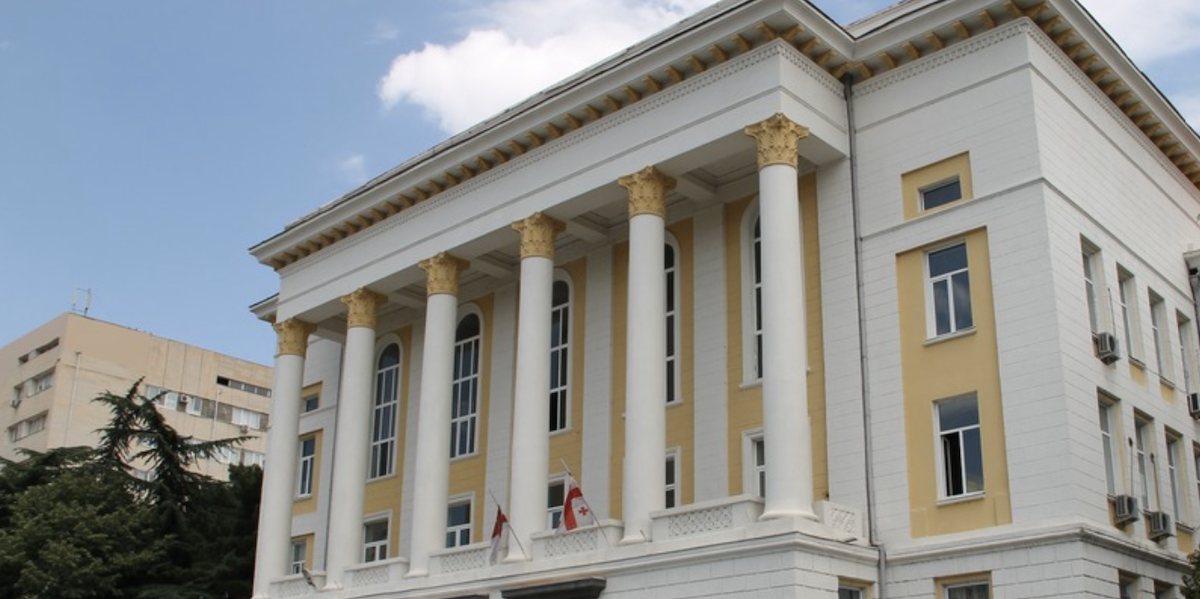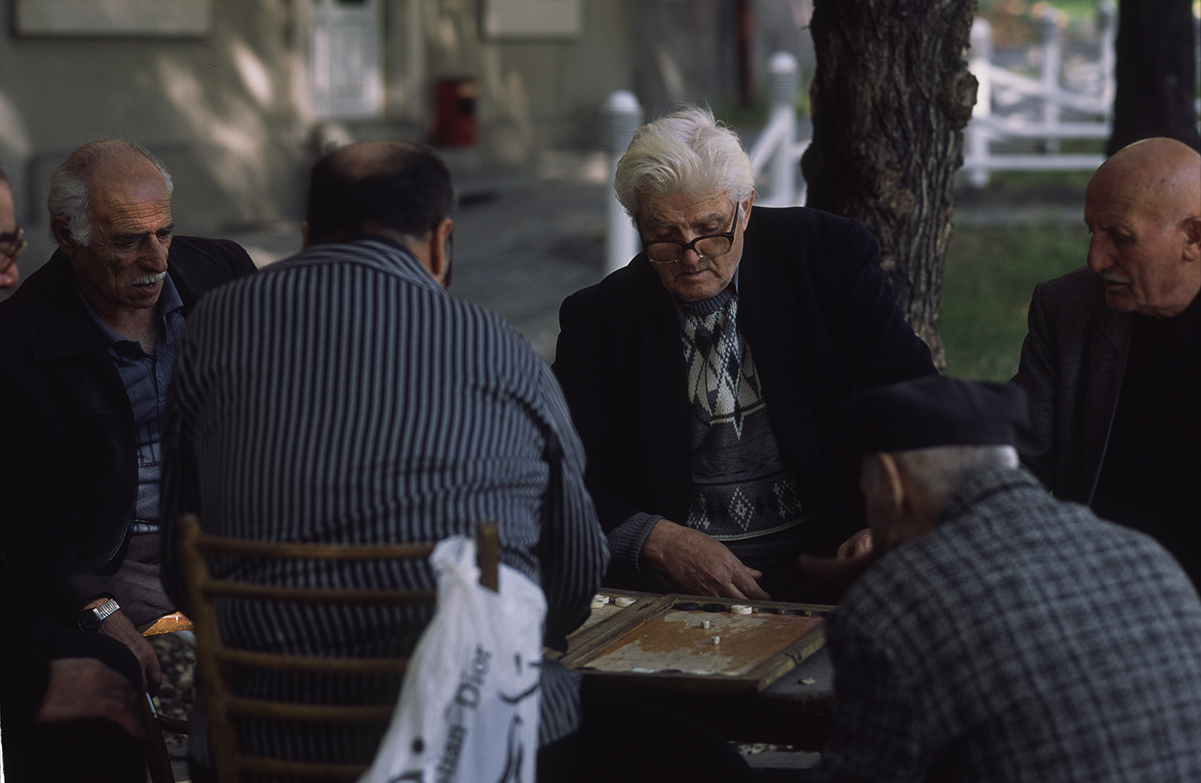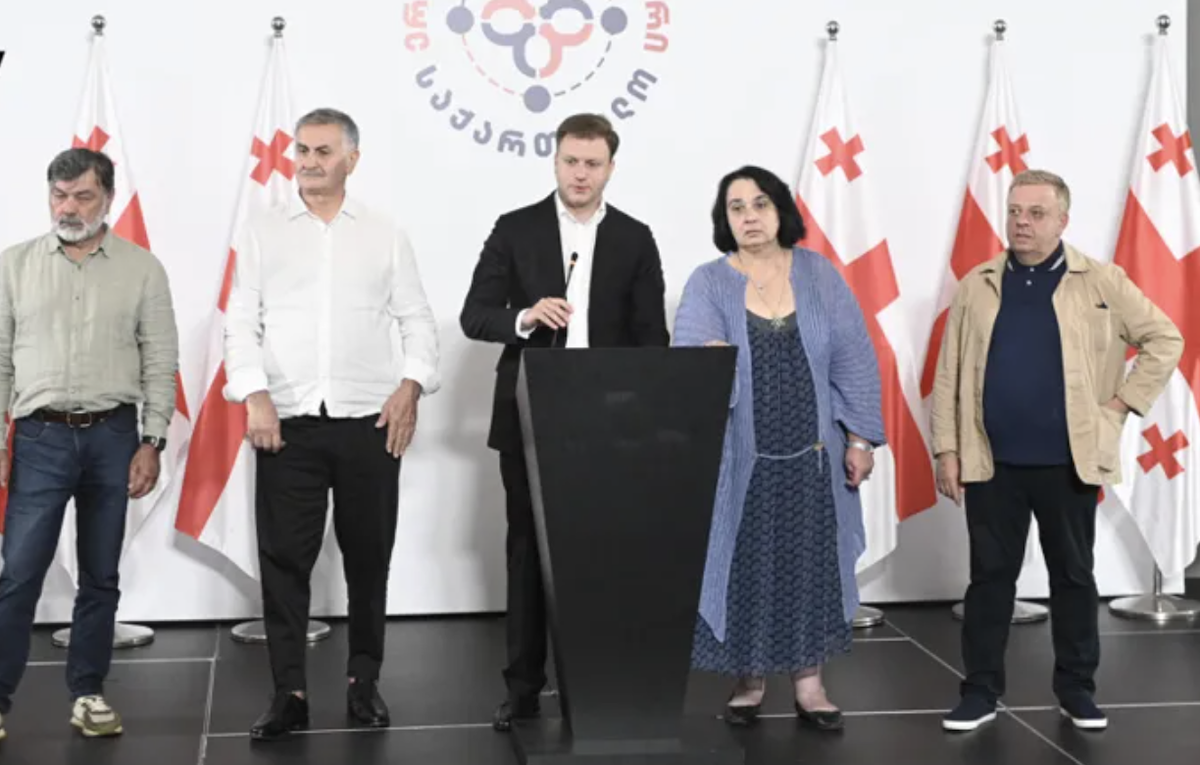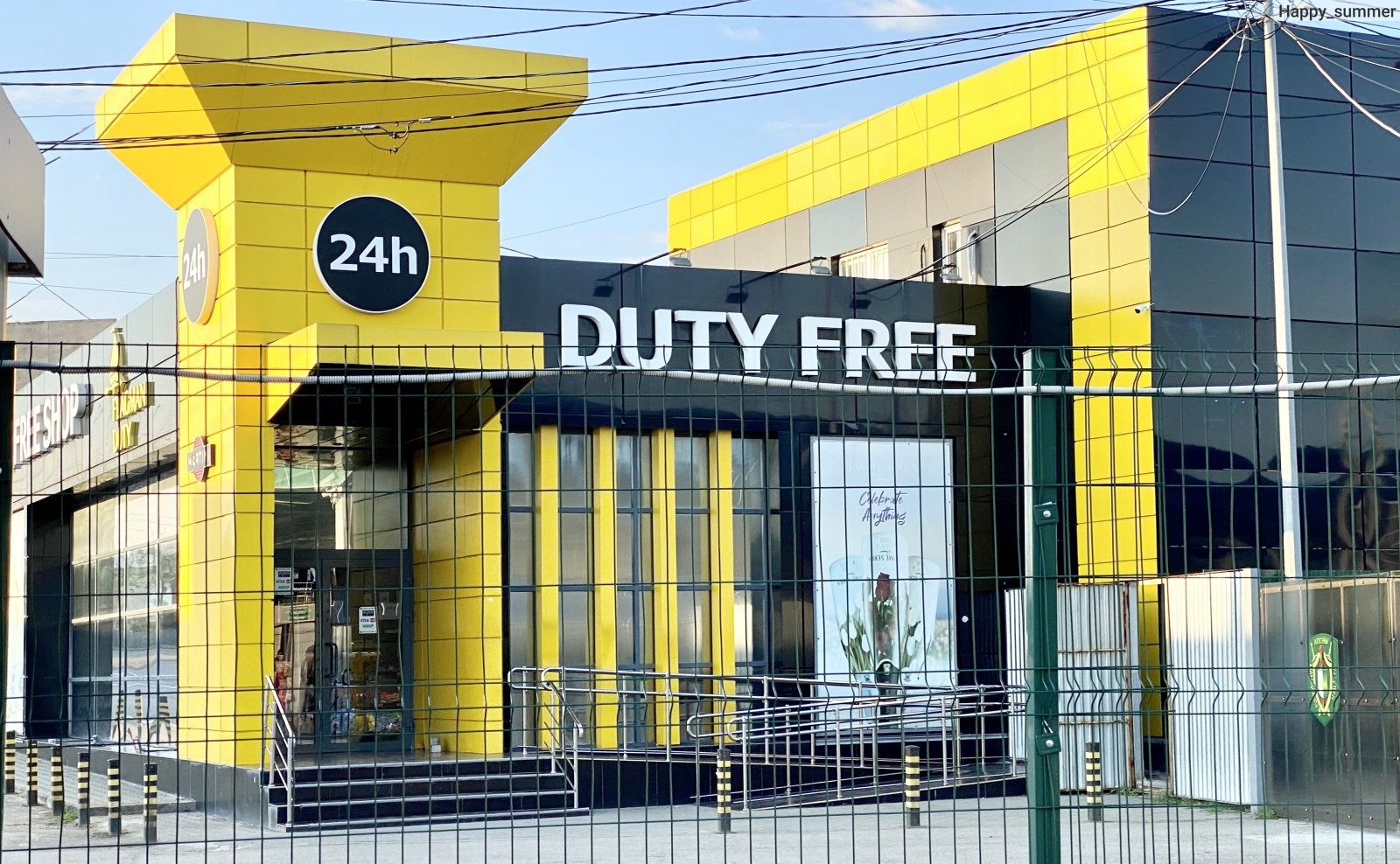Yerevan launches public transport checks, fare dodgers to be fined
Fare evasion fine in Yerevan
Armenia’s Public Order Protection Service has begun inspecting public transport in Yerevan. Controllers will use handheld devices to check whether passengers on buses and trolleybuses have paid their fares.
Passengers found with a ticket that hasn’t been validated will face a fine of 3,000 drams ($7.80). Riding without a ticket will cost 10,000 drams ($26), and using a discounted ticket registered to someone else will result in a 15,000-dram fine ($39).
“The goal of these inspections isn’t to collect fines,” said Yerevan deputy mayor Suren Grigoryan. Still, many locals say they feel like they’ve been turned into “just a source of revenue.”
Others willing to pay complain about technical issues — like validators not working properly or the fact that bank cards can only be used to pay for one person. If two people are travelling together, the same card can’t be used again for 30 minutes.
- 60 deaths in three months: alarming road accident statistics discussed in Armenian parliament
- Why is it so noisy in Armenia — and what can be done about it: views from residents and experts
- How to solve the transportation problem in Yerevan? Expert recommendations
QR-code paper tickets no longer accepted on Yerevan transport
As of 1 August, passengers can no longer pay for public transport in Yerevan using paper tickets with QR codes, which were previously available at Telcell terminals. From now on, fares must be paid using:
- a transport card
- the Telcell mobile app
- or a bank card
The transport card costs 500 drams ($1.30). It includes one ride (150 drams / $0.39), after which the card must be topped up.
According to Yerevan’s deputy mayor Suren Grigoryan, demand for transport cards surged ahead of the change:
“On 1 August alone, 8,530 transport cards were sold. In the final days of July, that number hadn’t exceeded 1,000.”
Armenia introduces unified ticketing system and new fares for public transport
Since February 2025, Armenia has switched to a unified fare system for public transport. Previously, a single ride cost 100 drams ($0.26); it now costs 150 drams ($0.39). Passengers can also choose from travel passes ranging from one day to one year. For example, an unlimited monthly pass costs 9,000 drams ($23.60), while a yearly pass costs 90,000 drams ($236).
Discounts are available for certain passenger groups:
- 20% for Yerevan school students aged 8–17
- 15% for students of colleges, universities, and vocational schools in Yerevan
- 30% for pensioners aged 63 and older
- 20% for low-income citizens receiving social assistance
Free travel is available for:
- children up to and including 7 years old
- residents of state-run orphanages and elderly homes
- individuals with severe or profound disabilities (including veterans with service-related disabilities)
- parents registered in Yerevan with four or more children
- parents with five or more children
- orphaned school pupils and university students
- family members (widows, children, and parents) of those killed, missing, or deceased in the line of duty during armed conflict.
With the exception of children under 7, all passengers — including those eligible for free or discounted fares — must hold and validate a transport card.
“Sometimes they pretend they’re trying to pay” — Yerevan deputy mayor
Yerevan deputy mayor Suren Grigoryan says the new inspections are not meant to punish passengers, but to ensure everyone pays their fare.
“Of course, our approach isn’t about issuing immediate fines. We need to be 100% sure that people aren’t acting in bad faith. And unfortunately, we’ve seen many such cases,” he told reporters.
Grigoryan also addressed complaints about technical issues with payment devices. He said city officials had reviewed several QR-code tickets used by passengers who claimed the system failed. According to him, the investigation revealed that many of the tickets had either already been used or had expired:
“A passenger creates the impression that they tried to pay, but the system didn’t work — when in fact, the system is functioning correctly. We’re able to detect all of these cases.”
What passengers are saying on social media
“Let’s see how these inspectors manage to board packed buses during rush hour and hand out fines come September, when the number of passengers increases.”
“Brilliant logic. To pay for a second person using the same card, you have to wait 30 minutes. Did no one think about how effective that is?”
“Say my mother and I get on a bus and want to pay for two tickets with one card. Why should we wait half an hour to make the second payment? That’s clearly inefficient and very inconvenient.”
“Pay for what? For waiting more than 40 minutes in the heat at the stop? It feels like being stranded on a deserted island — no transport at all. Is this what they call reform?”
“I’m all for paying. But when I tap my bank card on the validator and nothing happens — even though there’s money on the card — who’s to blame?”
“Tell your ‘geniuses’ to remove the expiry time on tickets — let people ride whenever they want. Why set a time limit if I’ve already paid? Or is this just another way to rob us? If you get rid of that rule, more people will buy cards. As it is, what’s the point of paying if you can’t use the ticket later?”
Fare evasion fine in Yerevan










